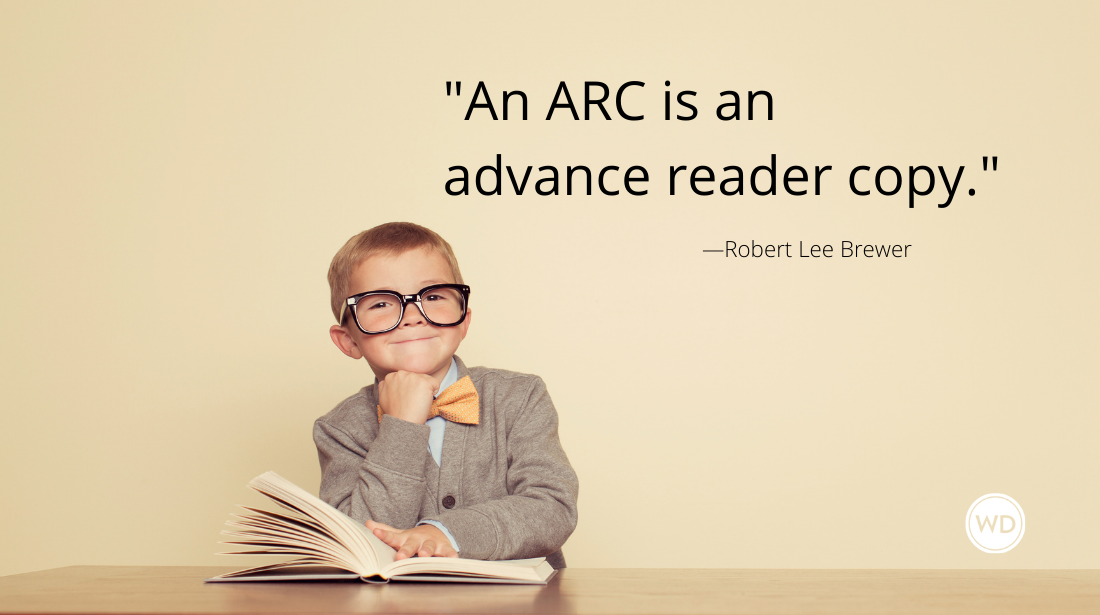Will Publishers Buy a 200,000-Word Novel?
You put all your effort in to writing a book and, when finished, it comes out a little longer than most writing guidebooks suggest. Can you still sell that lengthy novel? Here’s the answer.
Q: I am a first-time novelist with an incredible manuscript on my hands. The issue I have is that my work of historical fiction runs about 200,000 words long, and that's with 60,000 already lopped off. I truly cannot see how I can make more (and such drastic) edits without ruining the story. Thus, my question is two-fold: What are my chances of selling this beast as a whole, and, is it possible to break it apart and sell it as a two-book installment deal?—Adam J.
A: I'll be honest here: The chances of a first-time novelist selling a manuscript that clocks in at 200,000 words is about as likely as me in my 5'8" frame dunking a basketball. There are a few exceptions where a fiction writer—who has a large, established platform—breaks through and sells a behemoth of that size, but it's rare . In fact, most agents won't even look at a fiction manuscript if the word count breaks 100,000, let alone double that.
Why? Cost. It's extremely expensive to print (and ship) and book that large. More pages cost more money. Bigger books mean fewer in each shipping box, which means more boxes required to ship the same number of books. Plus there are more internal costs for editing. It's hard for publishers to justify this added expense on first-time authors without a track record of excellent sales. By trying to get a book that size published, you are putting yourself at a big disadvantage.
So your first step is to really examine your work by having someone else examine your work and to make some tough decisions for you. Find an editor, ask him to take a look and tell him your dilemma. After one read, he should be able to tell you which sections deserved to be carved up. Keep in mind that you'll likely have to pay for his services; but if you believe your book is destined to be a New York Times bestseller, it's worth the upfront investment.
If you can't afford to hire an editor, join a local writing group and ask if there's someone who will book-swap with you (she'll edit your manuscript, you edit hers). Here your investment is time, not money, and the payout certainly isn't as reliable as what you'd get with a professional editor. But it does give you a chance to have a second pair of eyes look at your work for potential areas to cut—and that's crucial before making any decisions about your next step.
After all of that, if you're convinced that there's nowhere left to cut, you should entertain the idea of splitting the book into two—if not three—volumes (hey, you have 60,000 words on the cutting room floor to work with if needed). This move requires you to reexamine your work again because each book must be able to stand alone on its own merits. For example, you can jump in, read and enjoy any Harry Potter book without necessarily having read the previous installments because each has its own overlying story arc. Your series of books must do the same.
And if you do sell a 200,000-word novel, definitely let me know. I'll break out my basketball shoes.
Want to build your visibility and sell more books?
Create Your Writer Platform shows you how to
promote yourself and your books through social
media, public speaking, article writing, branding,
and more. Order the book from WD at a discount.
*********************************************************************************************************************************
Brian A. Klems is the online editor of Writer's Digest and author of the popular gift bookOh Boy, You're Having a Girl: A Dad's Survival Guide to Raising Daughters.
Follow Brian on Twitter: @BrianKlems
Sign up for Brian's free Writer's Digest eNewsletter: WD Newsletter
Brian A. Klems is the former Senior Online Editor of Writer’s Digest, and author of Oh Boy, You’re Having a Girl (Adams Media/Simon & Schuster). Follow him on Twitter @BrianKlems.









